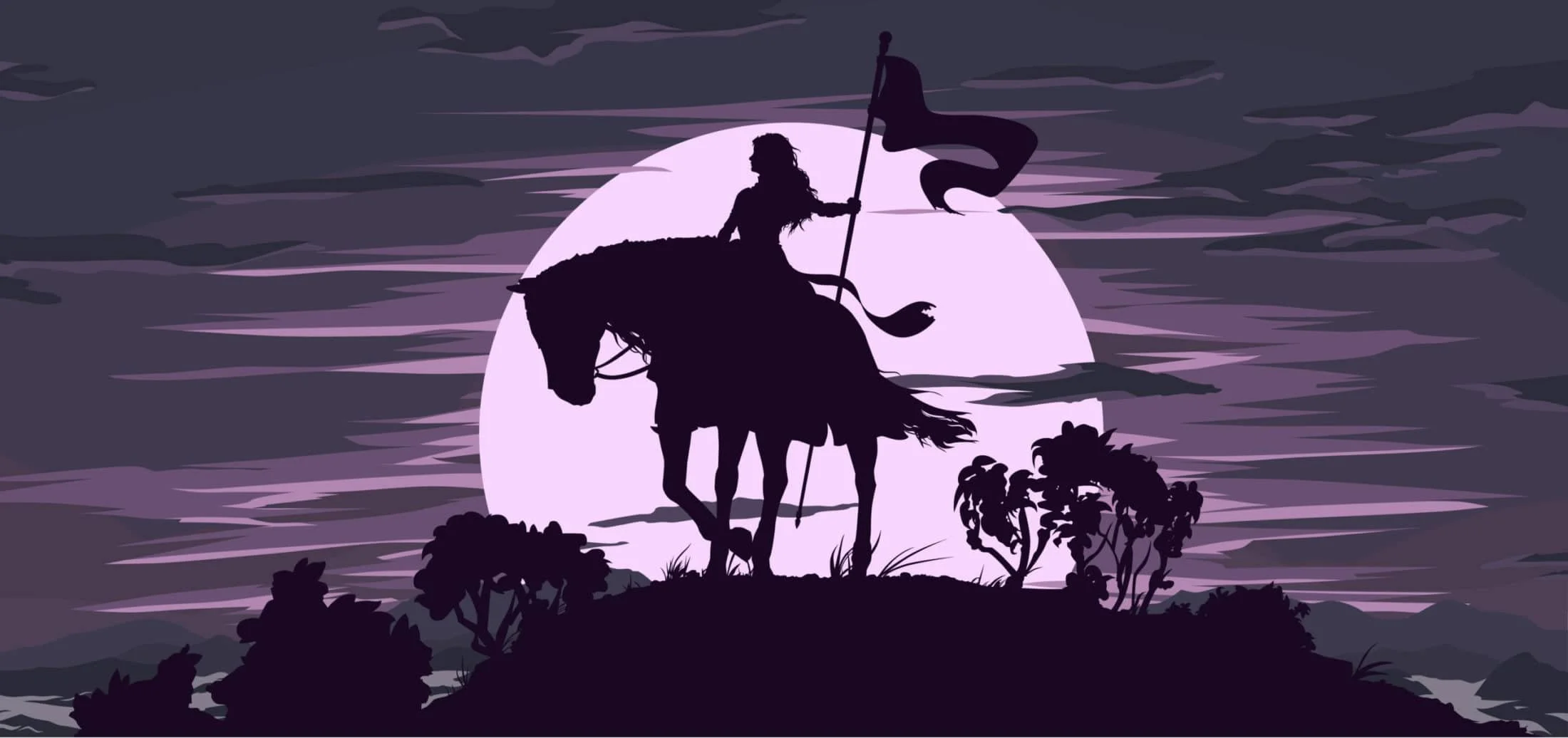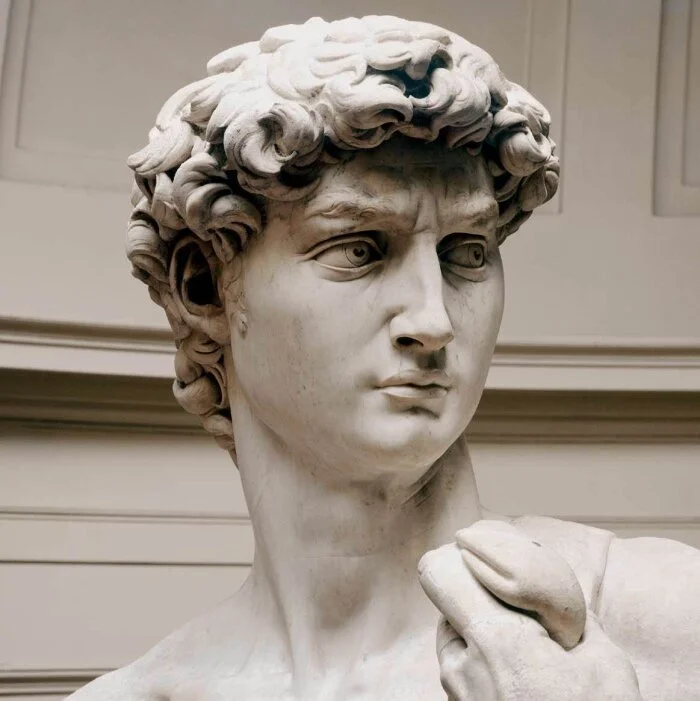All of us want to be good people, but our desire and our intentions are not enough. In 2012, Bronnie Ware published “The Top Five Regrets of the Dying,” in which she recorded the most common regrets that her dying patients shared with her as their nurse. The most common of all? “I wish I’d had the courage to live a life true to myself, not the life others expected of me.”
In other words, the most powerful regret most people have is that they did not cross the threshold, choosing to live a life of comfort and ease, rather than a life of purpose and peace.





